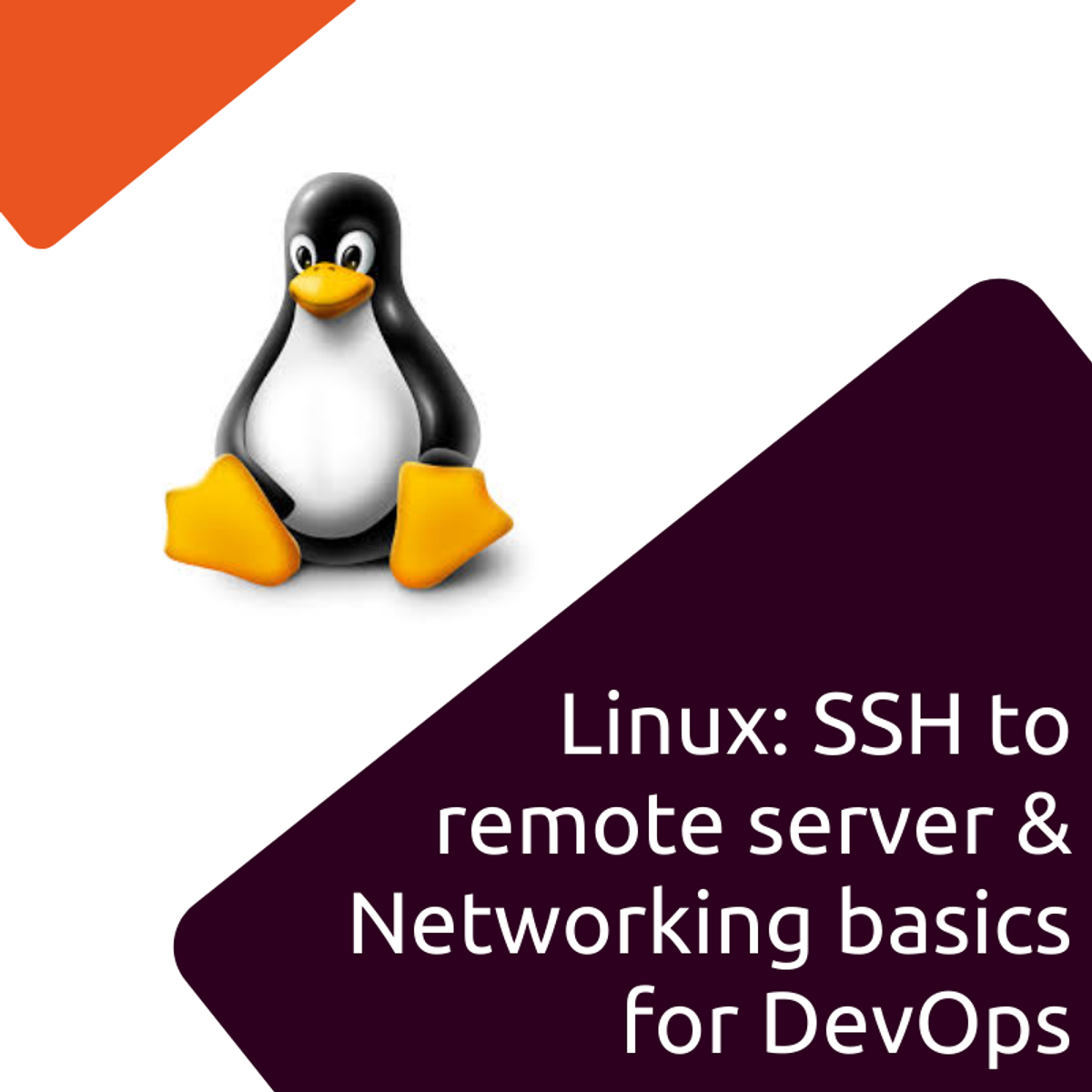
By the end of this course, you will have a solid grasp of SSH and authenticating users and client machines to a server. You will further have a working knowledge of some of the most important Networking concepts and commands in Linux.
Three deals to help you save


What's inside
Syllabus
Good to know
Save this course
Reviews summary
Cautiously proceed
Activities
Review Linux command line
Show steps
Refresh your knowledge of the Linux command line to prepare for this intermediate-level course.
Browse courses on
Linux Command Line
Show steps
-
Review basic commands for file navigation, file manipulation, and process management.
-
Practice using command-line editors such as nano or vi.
Follow tutorials on SSH authentication
Show steps
Supplement your learning by exploring tutorials that provide step-by-step guidance on SSH authentication methods.
Show steps
-
Find online tutorials or documentation on SSH authentication.
-
Follow the instructions to set up SSH keys and passwordless login.
Attend Linux user group meetings
Show steps
Expand your network and connect with other Linux enthusiasts and professionals to exchange knowledge and insights.
Show steps
-
Find local Linux user group meetings or online communities.
-
Attend meetings, participate in discussions, and ask questions.
Two other activities
Expand to see all activities and additional details
Show all five activities
Practice SSH key generation and management
Show steps
Reinforce your understanding of SSH key management by completing practice exercises and drills.
Browse courses on
Public-Key Cryptography
Show steps
-
Use command-line tools to generate SSH key pairs.
-
Practice adding and removing SSH keys to authorized_keys files.
-
Troubleshoot common SSH key-related issues.
Configure SSH access to a remote server
Show steps
Apply your knowledge by setting up SSH access to a remote server, strengthening your practical skills.
Show steps
-
Set up a remote server with a Linux distribution.
-
Configure SSH settings on the server.
-
Connect to the remote server using SSH with different authentication methods.
Review Linux command line
Show steps
Refresh your knowledge of the Linux command line to prepare for this intermediate-level course.
Browse courses on
Linux Command Line
Show steps
- Review basic commands for file navigation, file manipulation, and process management.
- Practice using command-line editors such as nano or vi.
Follow tutorials on SSH authentication
Show steps
Supplement your learning by exploring tutorials that provide step-by-step guidance on SSH authentication methods.
Show steps
- Find online tutorials or documentation on SSH authentication.
- Follow the instructions to set up SSH keys and passwordless login.
Attend Linux user group meetings
Show steps
Expand your network and connect with other Linux enthusiasts and professionals to exchange knowledge and insights.
Show steps
- Find local Linux user group meetings or online communities.
- Attend meetings, participate in discussions, and ask questions.
Practice SSH key generation and management
Show steps
Reinforce your understanding of SSH key management by completing practice exercises and drills.
Browse courses on
Public-Key Cryptography
Show steps
- Use command-line tools to generate SSH key pairs.
- Practice adding and removing SSH keys to authorized_keys files.
- Troubleshoot common SSH key-related issues.
Configure SSH access to a remote server
Show steps
Apply your knowledge by setting up SSH access to a remote server, strengthening your practical skills.
Show steps
- Set up a remote server with a Linux distribution.
- Configure SSH settings on the server.
- Connect to the remote server using SSH with different authentication methods.
Career center
DevOps Engineer
Network Engineer
System Administrator
Security Engineer
Cloud Engineer
Software Developer
Data Analyst
IT Manager
Network Administrator
Database Administrator
Web Developer
Project Manager
Business Analyst
Technical Writer
Marketing Manager
Reading list
Share
Similar courses
OpenCourser helps millions of learners each year. People visit us to learn workspace skills, ace their exams, and nurture their curiosity.
Our extensive catalog contains over 50,000 courses and twice as many books. Browse by search, by topic, or even by career interests. We'll match you to the right resources quickly.
Find this site helpful? Tell a friend about us.
We're supported by our community of learners. When you purchase or subscribe to courses and programs or purchase books, we may earn a commission from our partners.
Your purchases help us maintain our catalog and keep our servers humming without ads.
Thank you for supporting OpenCourser.


